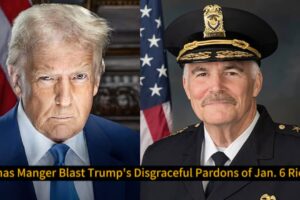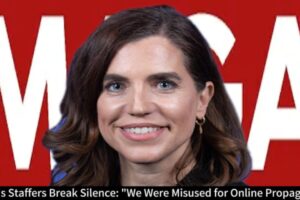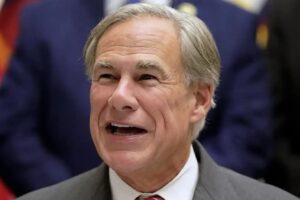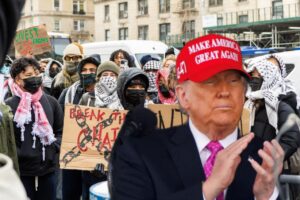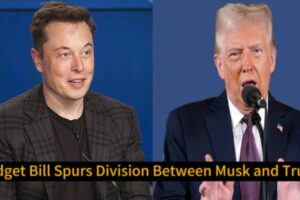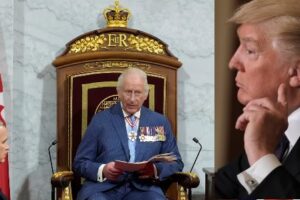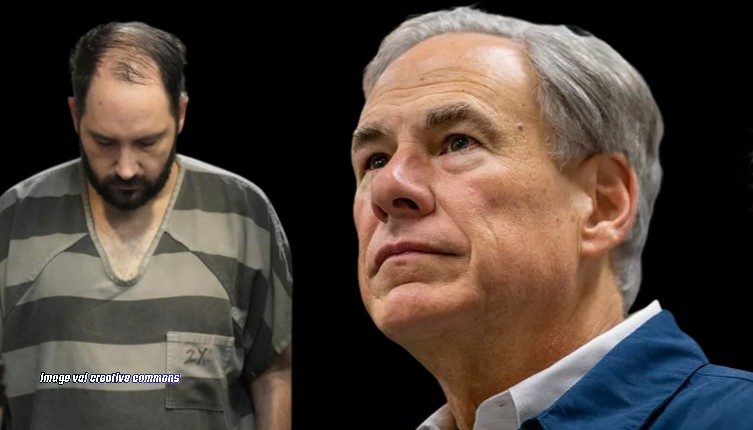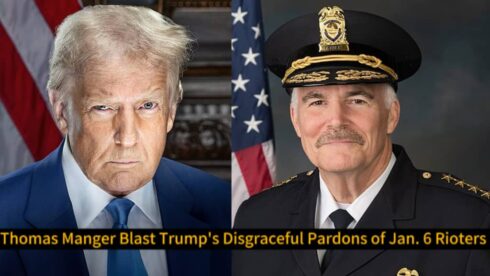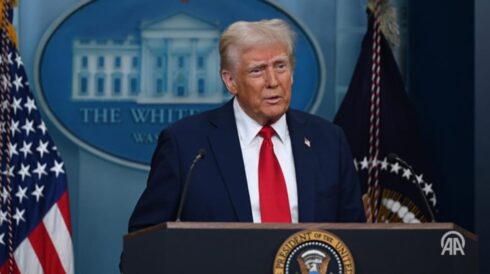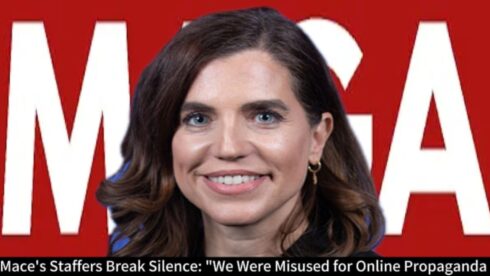Texas Governor Abbott’s decision to pardon Daniel Perry, a former US Army sergeant convicted of killing Black Lives Matter protester Garrett Foster, has ignited a heated debate across the state. The pardon, which comes less than a year after Perry’s conviction for murder, has been seen by many as a politically motivated move that undermines the judicial process.
Daniel Perry, who was working as an Uber driver at the time of the incident in Austin on July 25, 2020, claimed he acted in self-defense when he shot Foster, who was openly carrying an AK-47 rifle. Despite the jury’s decision to convict Perry and sentence him to 25 years in prison, Governor Abbott swiftly moved to pardon him following an official request. The decision has been met with mixed reactions, with some praising it as a correction of a wrongful conviction, while others view it as a dangerous precedent that could embolden violent behavior at protests.
The Events Leading Up to the Shooting
The deadly confrontation occurred during a night of protests following the murder of George Floyd in Minneapolis. Perry, who had no passengers in his vehicle, turned onto a street where demonstrators were marching. According to Perry, some protesters began banging on his car, causing him to fear for his safety. Garrett Foster, a 28-year-old former US Air Force mechanic, approached Perry’s car carrying a rifle, a legal act under Texas law.
Perry claimed that Foster raised his rifle, prompting him to lower his car window and fire five shots with a 357 revolver, killing Foster. Witnesses offered conflicting accounts, with some disputing Perry’s claim that Foster raised his weapon. After the shooting, Perry drove away and called 911 to report the incident. This narrative, however, did not convince the jury, which found Perry guilty of murder in April 2023.
Political and Social Repercussions
The case of Daniel Perry has become a focal point in the broader cultural and political conflicts surrounding protests, self-defense laws, and gun rights in the United States. For many conservatives, Perry’s actions were justified self-defense, and Governor Abbott’s pardon is seen as a necessary intervention against what they perceive as an unjust conviction. Abbott’s decision was anticipated after he publicly stated his intent to pardon Perry following the jury’s verdict.
Conversely, critics argue that the pardon undermines the justice system and sends a troubling message about the consequences of using lethal force at protests. They fear it could lead to increased violence at demonstrations and erode trust in the legal process. The pardon has also sparked discussions about racial dynamics, as both Daniel Perry and Foster were white, yet the incident occurred within the context of the Black Lives Matter movement, which was protesting systemic racism and police violence against Black individuals.
Governor Abbott’s pardon of Daniel Perry
These highlights the deep divisions in American society over issues of justice, race, and gun rights, and its implications are likely to resonate in Texas and beyond for years to come. Governor Abbott’s Pardon Decision and Stand Your Ground Laws.
In a controversial move, Republican Governor Greg Abbott announced on Thursday the pardon of a Daniel Perry whose case has sparked significant debate across Texas and the nation. Governor Abbott emphasized that the Texas Board of Pardons and Paroles had undertaken an “exhaustive review” of both the case and the personal history of the pardoned individual, Daniel Perry. Governor Abbott highlighted Texas’ strong “Stand Your Ground” laws, asserting their primacy in cases of self-defense and suggesting that these laws cannot be overridden by juries or district attorneys with progressive leanings.
“Texas has one of the strongest ‘Stand Your Ground‘ laws of self-defense that cannot be nullified by a jury or a progressive District Attorney,” Governor Abbott stated. This remark was a direct reference to Travis County District Attorney Jose Garza, a Democrat, who has been a vocal critic of the pardon. Stand Your Ground laws generally allow individuals to use force, including lethal force, if they reasonably believe they are at imminent risk of serious harm or death.
Controversy Surrounding the Pardon and Political Backlash
District Attorney Jose Garza responded sharply to the pardon, accusing the Board and the Governor Abbott of prioritizing politics over justice. “The Board and the Governor Abbott have put their politics over justice and made a mockery of our legal system. They should be ashamed of themselves,” Garza said in a statement. The case against Perry included evidence of his intent and mindset leading up to the shooting, with court documents revealing disturbing messages.
Daniel Perry had been searching for Black Lives Matter protest locations and had sent messages to friends comparing protesters to “a bunch of monkeys flinging [expletive] at a zoo.” In another message from May 2020, shortly after George Floyd’s death, Perry, Perry mentioned going to Dallas to “shoot looters.” His communications also included comments about “hunting Muslims” and hypothetical threats of violence against his daughter for dating an African American boy. These revelations have intensified the debate, with critics arguing that Perry’s actions were premeditated and racially motivated, raising serious questions about the appropriateness of the pardon and the broader implications for justice and public safety in Texas.

